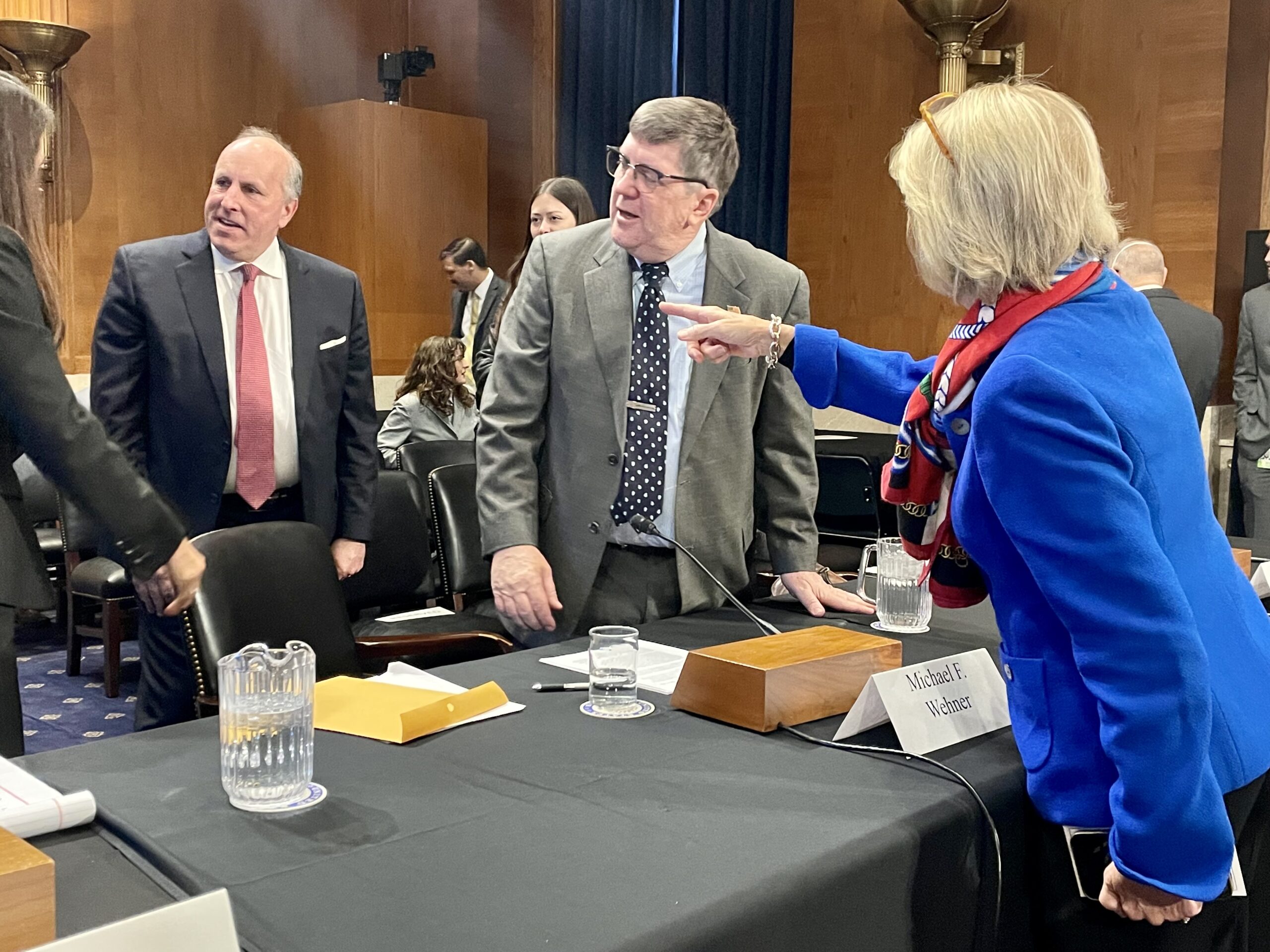
Jessica Ma

Jessica Ma
By Kunjal Bastola and Jessica Ma
WASHINGTON – Climate experts warned lawmakers about the effect of climate change on extreme weather during the first-ever congressional hearing on extreme event attribution, a field of climate science, on Nov. 1. They offered solutions to help Congress navigate more frequent and intensified weather events, like storms, droughts and heatwaves.
“We’re the first generation to suffer from climate change, but the last generation which can do anything about it, so that’s our challenge,” said Sen. Edward Markey (D-Mass.).
Instances of extreme weather events are on the rise. This summer, Phoenix set a record of 31 consecutive days of temperatures at or above 110 degrees. On the other side of the country, Florida experienced severe rainfall, leading to flooding in the streets.
Sen. Tom Carper (D-Del.) said extreme event attribution, which detects the extent to which man-made global warming influences extreme weather, can be an “important tool,” as Congress takes steps to manage and prepare for severe weather events.
“These questions matter because the human harms and costs of climate change are massive, and sadly, they are growing,” Carper said. “We are going to focus on how it’s fueling extreme weather and what we can do about it.”
Sen. Shelley Moore Capito (R-W.Va.) stressed the importance of finding bipartisan solutions over debating the causes of extreme weather, highlighting that extreme event attribution can’t tell whether global warming “caused” a specific event.
Michael Wehner, a climate scientist at the Applied Mathematics and Computational Research Division at the Lawrence Berkeley National Laboratory, also emphasized the economic consequences of extreme weather. He estimated that global warming was responsible for about $50 billion in damages from flooding during Hurricane Harvey, a Category 4 storm that made landfall in Texas and Louisiana in 2017.
Extreme weather disproportionately impacts younger, older and low-income populations, Wehner added. Poor people are among the most vulnerable, as they are the least able to recover from these kinds of events, he said.
“These damages were not equally distributed within socioeconomic groups,” Wehner said. “The most vulnerable portion of the local population was disproportionately affected, and climate change exacerbated this injustice.”
Paul Dabbar, a former Department of Energy official, advocated for “technology-neutral innovation” and open strategies, which would further the competition of discovery.
“The right strategy for the world today is to continue discovery, innovation and deployment of new options,” Dabbar said. “While we certainly need to understand the drivers of climate change, we should focus on solutions also.”
Carper asked how attribution science could inform the designing and engineering of infrastructure, such that roads, bridges and pipes could better withstand severe weather. In response, Wehner described his experience working with the San Francisco city government on their waste management system, which had raised concerns about extreme precipitation. He quoted one city official, who said: “There ain’t no pipe good enough.”
“That has sent the engineers and designers back to the drawing room, saying ‘How will we accommodate these storms in a world that might be considerably warmer,’” he testified.
Wehner told the Medill News Service that cities need to adapt to increased extreme weather conditions by being more proactive, like adding green roofs or rethinking wastewater management systems.
“In order to avoid more dangerous climate change, we have to have the entire planet go to zero emissions to stabilize the climate — that’s not going to happen in my lifetime,” Wehner said. “So then, we have to adapt.”
Sen. Sheldon Whitehouse (D-R.I.) asked how insurance companies were dealing with extreme flooding in Florida, to which Jennifer Jurado, the chief resilience officer for Broward County, Florida, replied that some local insurance companies in Florida are going bankrupt, while others are pulling out of the state altogether to avoid future risk.
Lawmakers stressed the importance of working together to find solutions to mitigate the effects of extreme weather events in the future.
“While climate change is driving extreme weather, we are not helpless. This situation is not hopeless,” Carper said. “Working together, we can prevent the worst impacts of global warming by reducing greenhouse gas emissions.”